The investigation into Russia's meddling int the 2016 presidential elections—and the Trump campaign's documented welcoming of it—may seem like a lifetime ago, but the saga isn't completely over just yet.
After special counsel Robert Mueller said that there wasn't enough evidence to charge the Trump campaign with conspiracy, Trump and his allies falsely hailed the development as a complete and total exoneration.
Trump repeatedly called the basic oversight a "hoax" and a "witch hunt," but a recent move by the Trump administration signals that there's still something to hide.
After the D.C. Circuit Appeals Court paved the way for Congress to receive sealed grand jury materials from the investigation, the Trump administration is imploring the Supreme Court to put a hold on the release of the records to Congress.
Solicitor General Noel Francisco lamented that if the documents were revealed:
"[T]he government will have to disclose those materials on May 11, 2020, which would irrevocably lift their secrecy and possibly frustrate the government's ability to seek further review."
It's par for the course for the Trump administration not to comply with Congressional oversight. You'll recall that the White House didn't abide by congressionally approved subpoenas and it instructed any witnesses subpoenaed by House committees to do the same, especially during the impeachment inquiry against the President. Their argument against this oversight was that it was for the courts to determine whether or not these subpoenas were valid.
These extensive efforts to conceal information from Congress beg the question.
If Trump has been "totally exonerated" from charges in these "hoaxes," what is the reason for hiding?
The decision of whether or not to grant a stay lies with the Supreme Court—where two Trump-appointed justices sit.
Elections have consequences. Are you registered to vote?

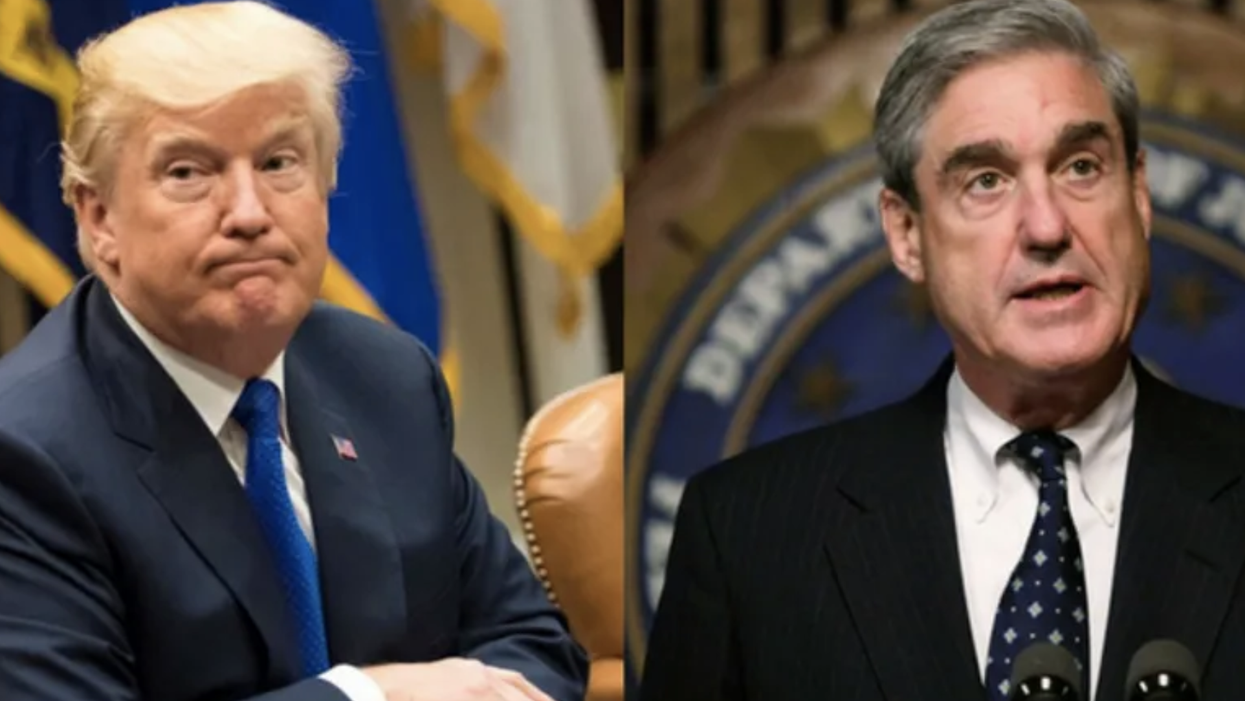


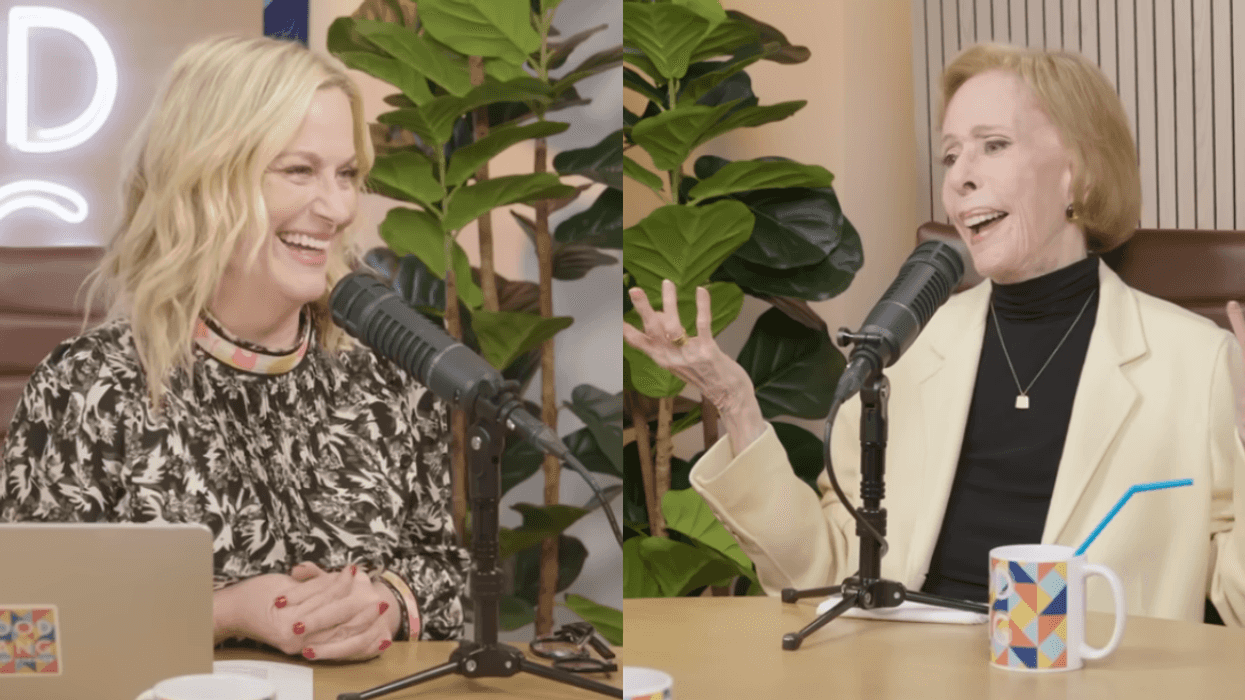
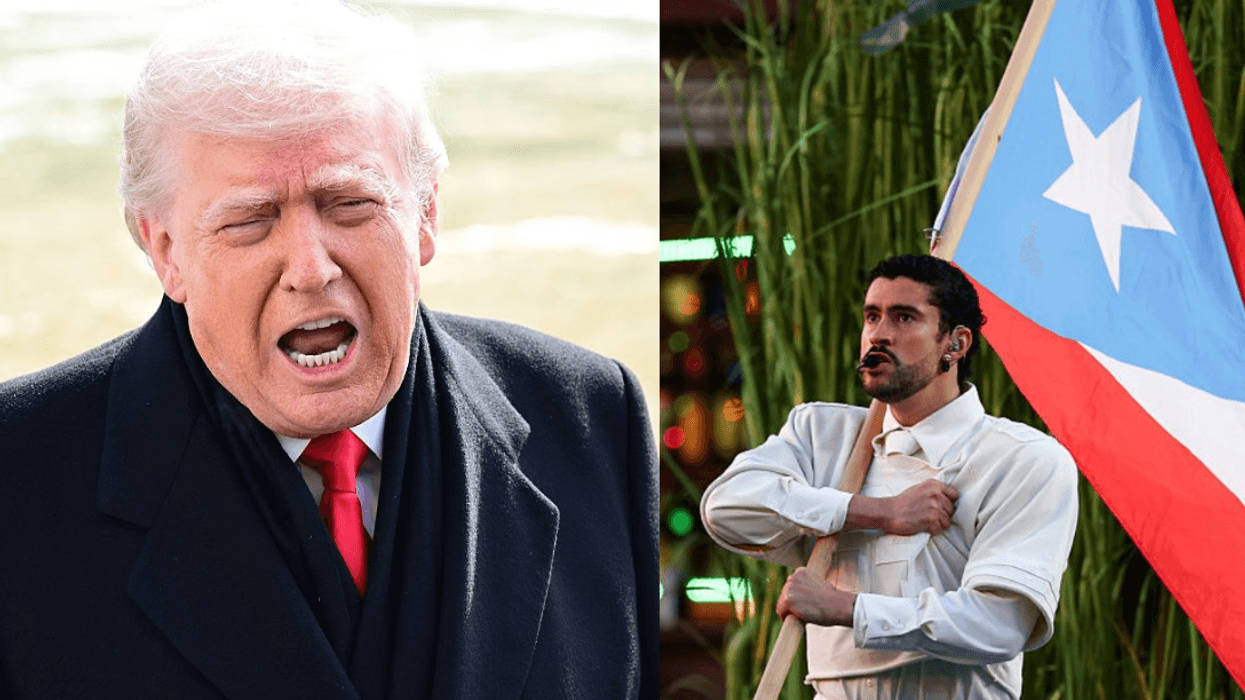

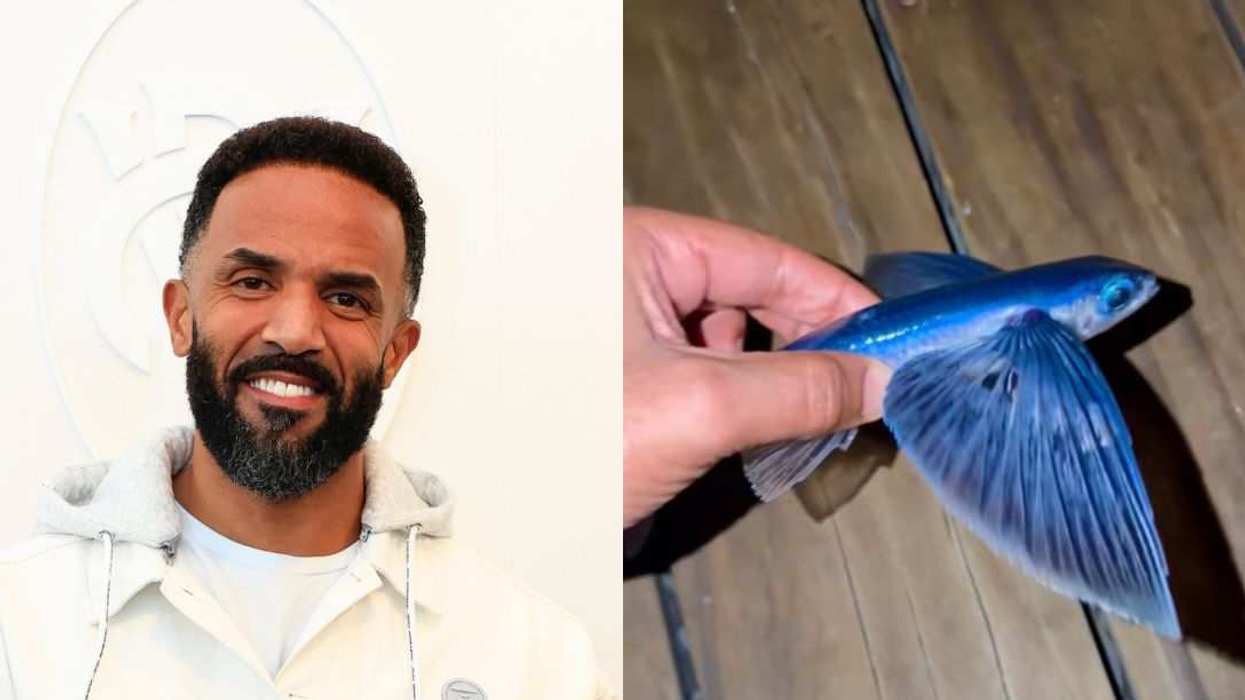

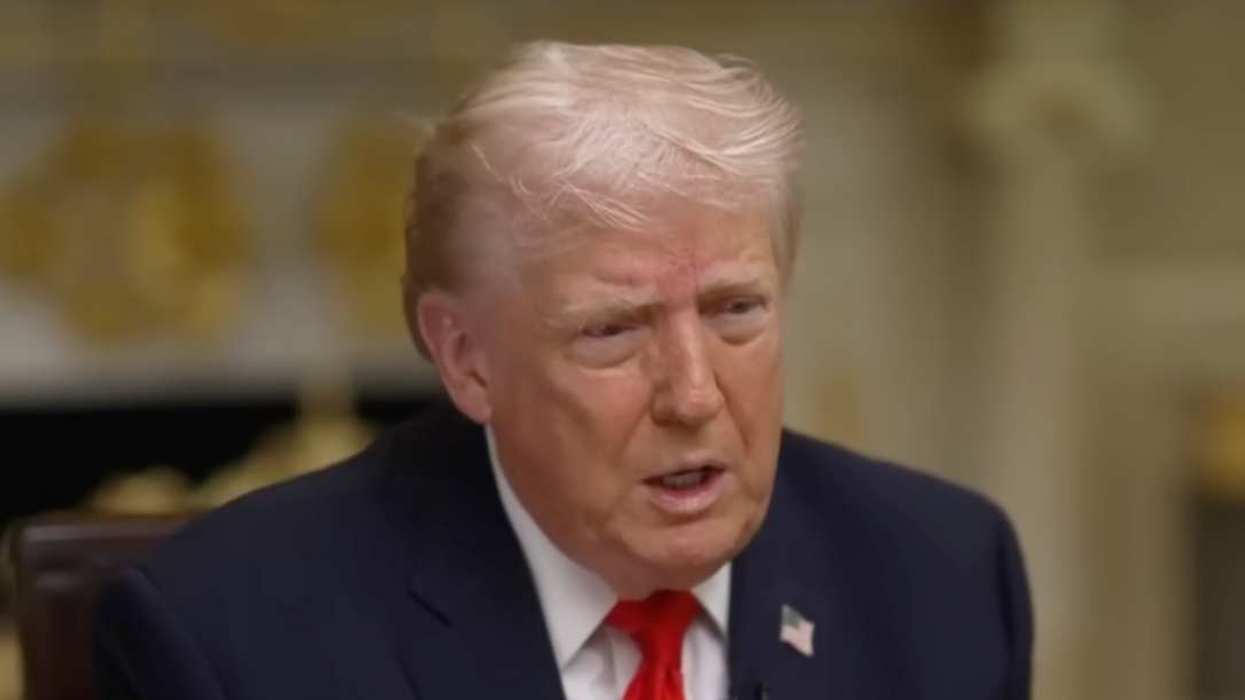



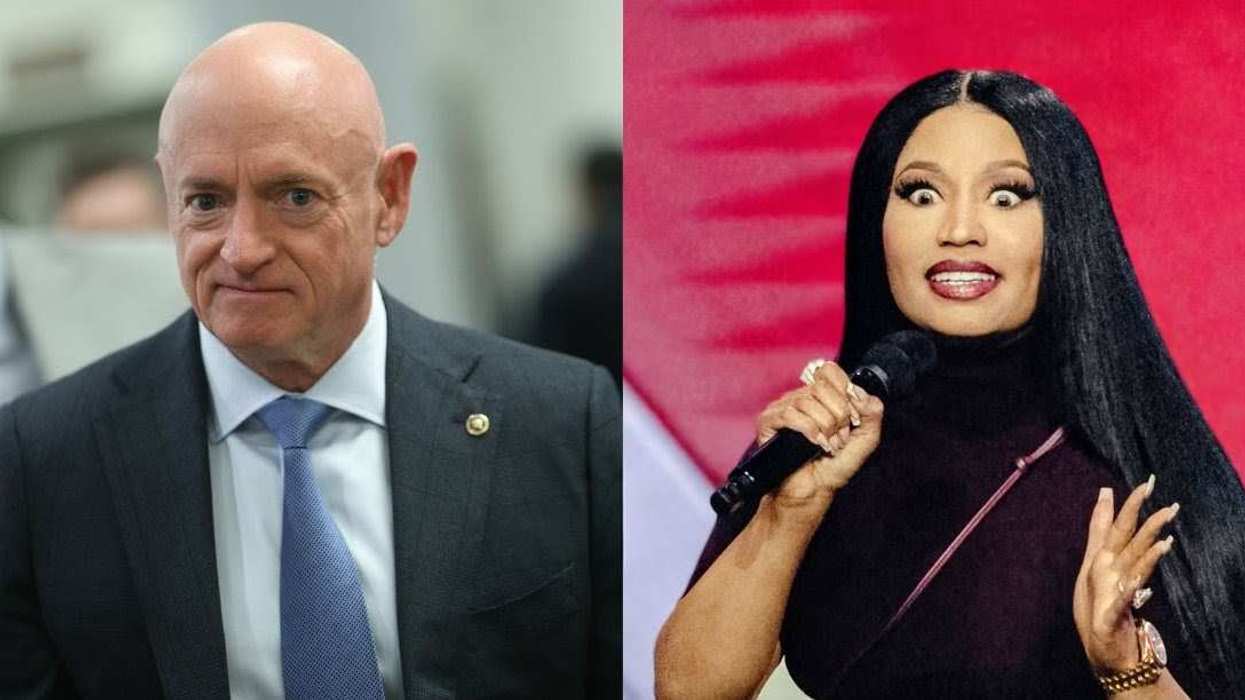
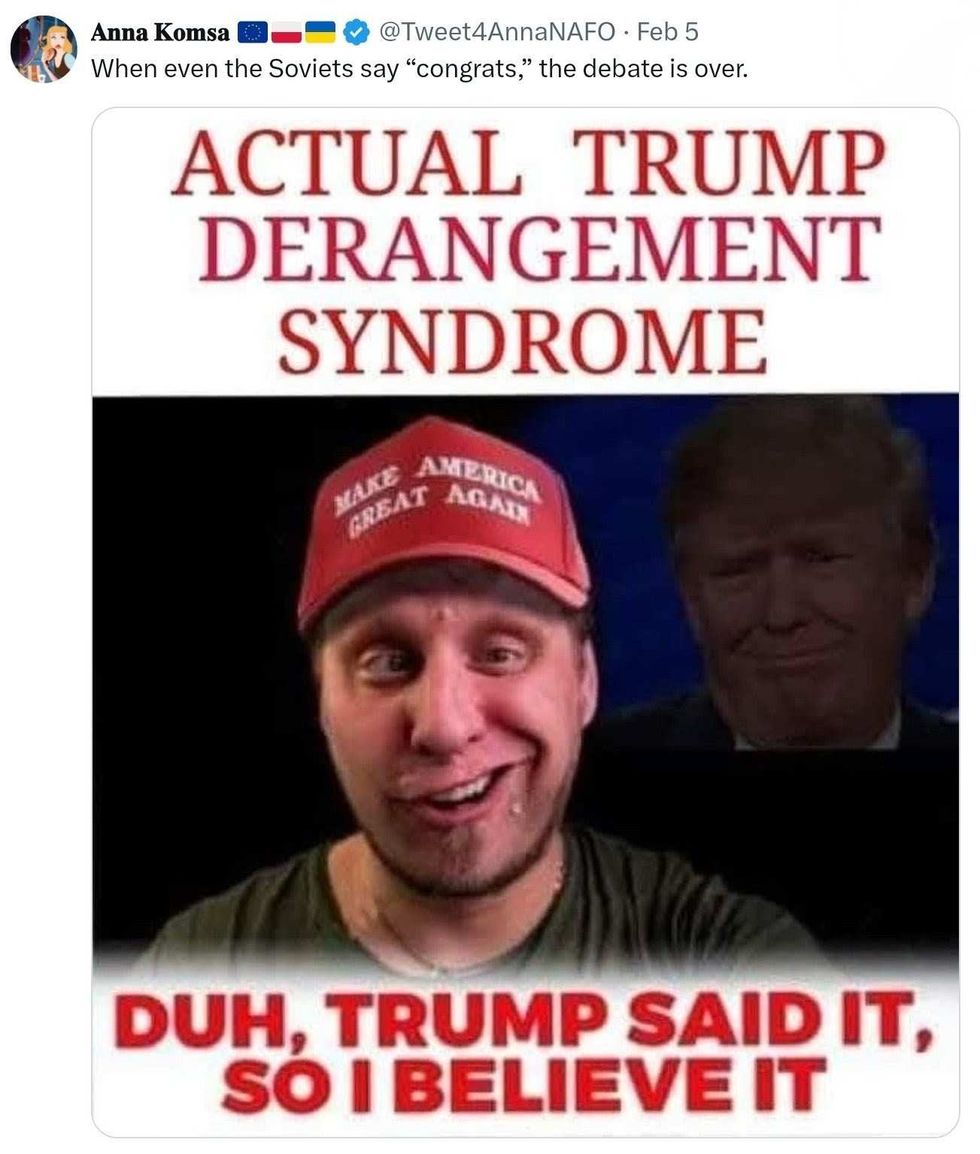 @TweetforAnnaNAFO/X
@TweetforAnnaNAFO/X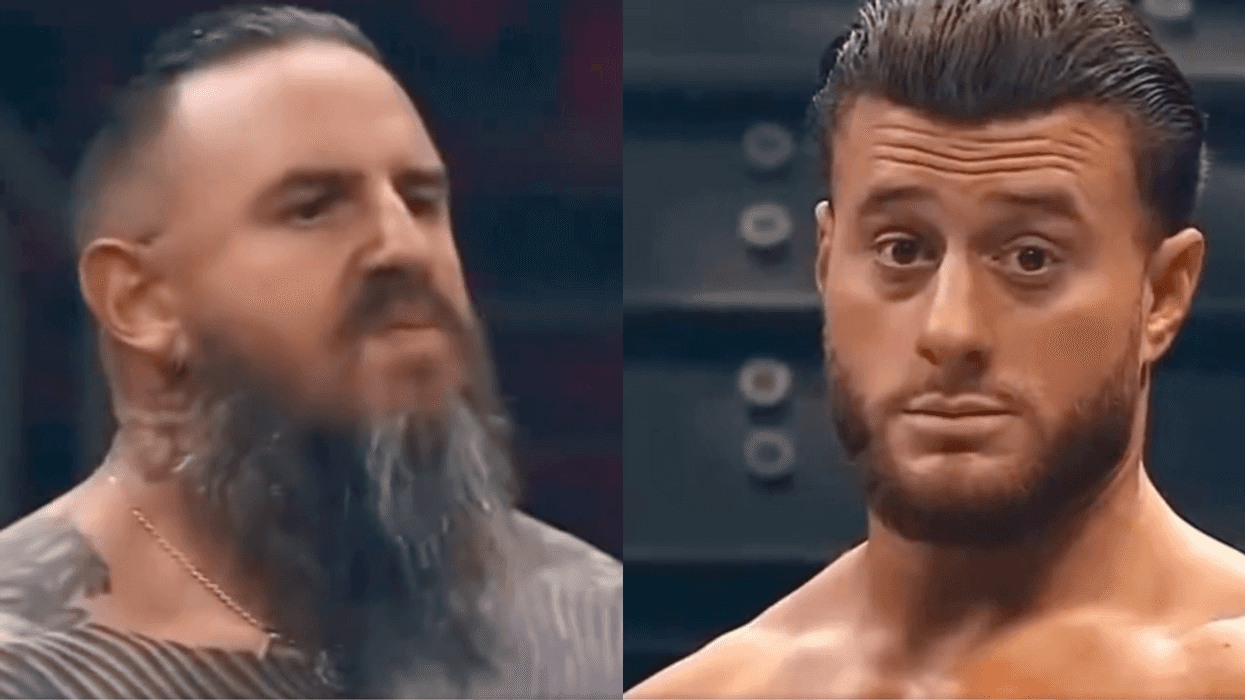
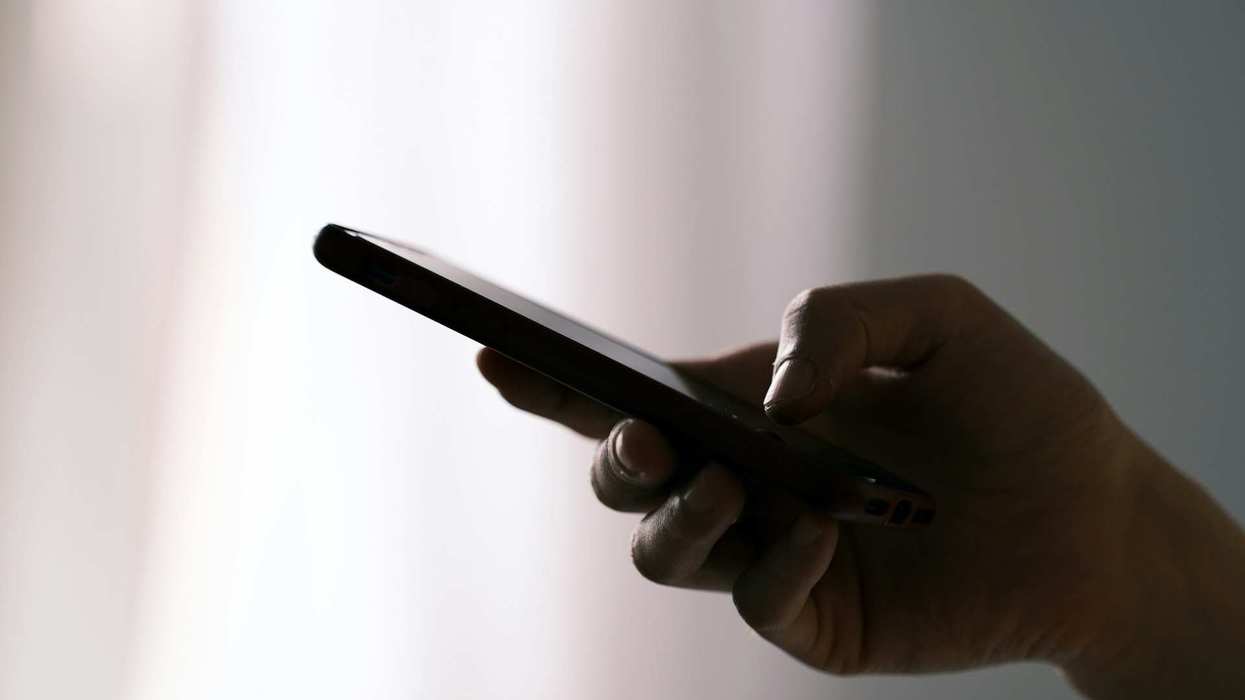
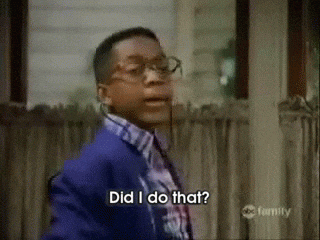 Steve Urkel Oops GIF
Steve Urkel Oops GIF 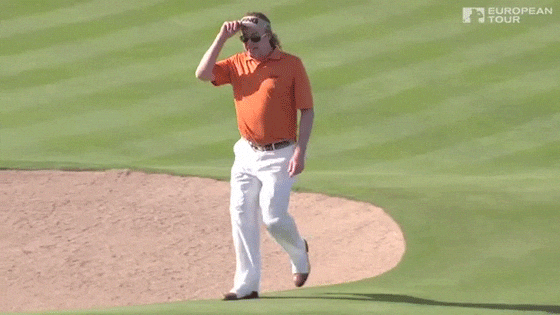 Moon Walk Dance GIF
Moon Walk Dance GIF 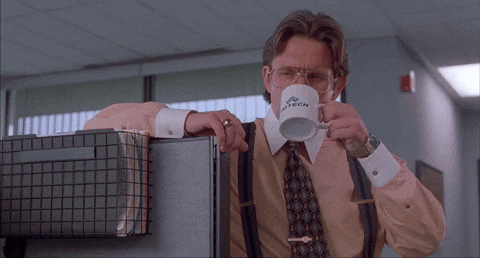 The Office Monday GIF by 20th Century Fox Home Entertainment
The Office Monday GIF by 20th Century Fox Home Entertainment 